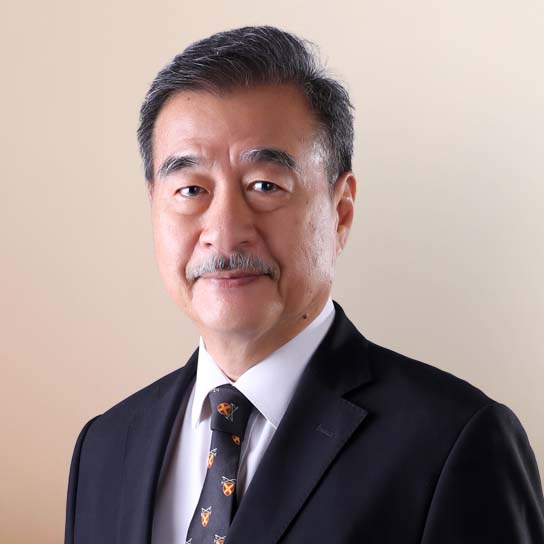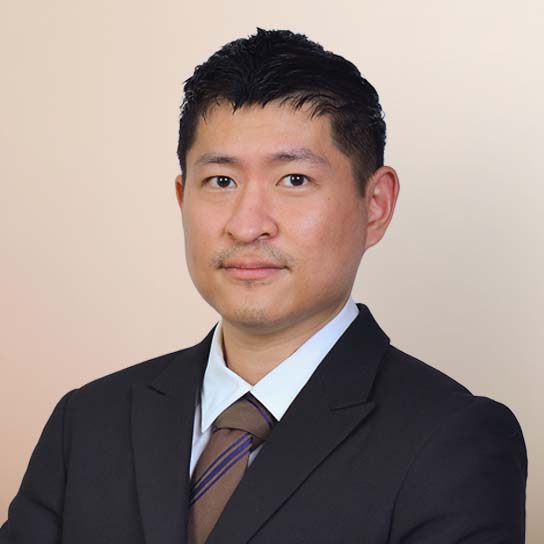Fighting Frivolous Criminal Proceedings
Thai law allows both the public prosecutor and injured person to initiate a criminal prosecution in court. The major difference between a criminal prosecution initiated by a public prosecutor and a criminal prosecution initiated by an injured person is set out under Section 162 of the Criminal Procedure Code B.E. 2477 (1934); which restricts and prohibits the court from immediately accepting the charge for trial where the injured person is the prosecutor, unless a preliminary examination has been carried out and the court is of the opinion that there are grounds for prosecution. Thai law allows the alleged injured person - a private person - to file a criminal action against any other person without an extensive review of relevant facts and matters of law by relevant governmental agencies, and/or officials. This causes a major worry to foreigners doing business, desiring to do business or living in Thailand regarding a potential frivolous claim they may encounter if they become estranged from their local business partners or unintentionally carry out a transaction not knowing that it violates domestic laws.
In 2019, an Act amending the Criminal Procedure Code (No. 33) B.E. 2562 was publicised in the Thai Government Gazette. Among other criminal provisions which have been added to or amended by said Act, Section 165/2 allows an accused person during a preliminary examination stage to submit a written statement/motion informing the court about material case-related facts and/or matters of law for consideration, in the hope that the court will eventually reach an opinion that there are no grounds for prosecution and dismiss the case according to Section 167 of the Criminal Procedure Code.
The amendment of Section 165/2 of the Criminal Procedure Code has proven beneficial in a number of criminal actions in which we were retained to represent the client. For example, recently, in Chonburi Provincial Court, we defended a major client in several frivolous criminal cases lodged by the opposition with an aim to harass and delay the client from claiming billions of Thai Baht in inheritance. As part of our strategic legal planning and advice, we assisted the client in drafting and filing the motion to inform the court about material case-related facts and pertinent matters of law. After carrying out the preliminary examination and reviewing the motion, all cases were successfully defended and dismissed. According to the judgements of said cases, in analysing facts and matters of law, and determining whether or not the client pleaded guilty, the court carefully reviewed the allegations made in the complaint as well as the facts presented by the plaintiff, answers of the plaintiff’s witness during cross-examination and facts and matters of law which we presented to the court in the motion. It is notable that, during the preliminary examination, Thai law restrained and prohibited the accused from presenting witnesses and evidence; only cross-examination of the plaintiff’s witnesses and evidence was allowed.
Recommended facts and/or matters of law that should be included in the written statement/motion of the accused person are as follows:
- 1. Brief background of the dispute;
- 2. Case-related facts in rebuttal of the plaintiff’s allegations;
- 3. Analysis of elements of the alleged crime and the reason why the claim lacks merit;
- 4. If the alleged offence was committed unintentionally, a background and reason for such unintentional act should be mentioned in order to show that the accused lacked criminal intent; and
- 5. Supreme court precedent(s).
For completeness, the Section 165/2 written statement/motion may include the name of a person, documentary evidence or material in support of the case-related facts. At its sole discretion, the court may summon such person, evidence and/or material as the court witness.
Finally, it should be noted that the Section 165/2 written statement/motion can be submitted with the court before, during and/or after the preliminary examination. The motion does not stop the court from conducting the preliminary examination; the court will take it into account when rendering its decision whether to accept the charge for trial or dismiss the case if the case is not a prima facie case.







With more than forty years of experience, Chavalit is highly regarded as a leading figure in Thailand. His areas of specialization include dispute resolution, intellectual property, TMT and e-commerce, as well as M&A, foreign investment and corporate law. His extensive experience also includes advising on trade competition, corporate recovery and business reorganization. In particular, Chavalit is renowned in the areas of dispute resolution and intellectual property. He was selected as a Litigation Star by Benchmark Litigation Thailand 2021 and is ranked as a leading individual for intellectual property in Thailand by Chambers Asia-Pacific 2021.